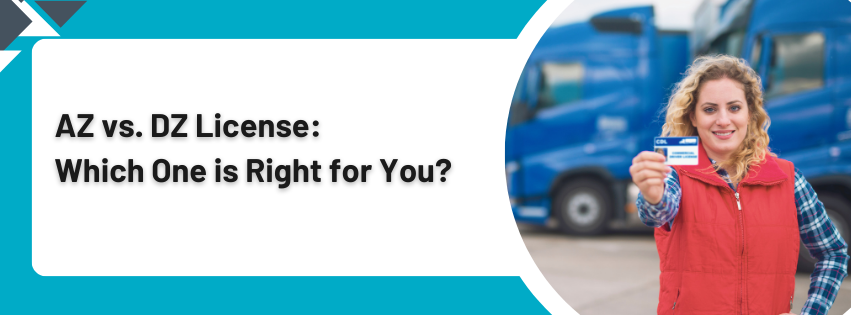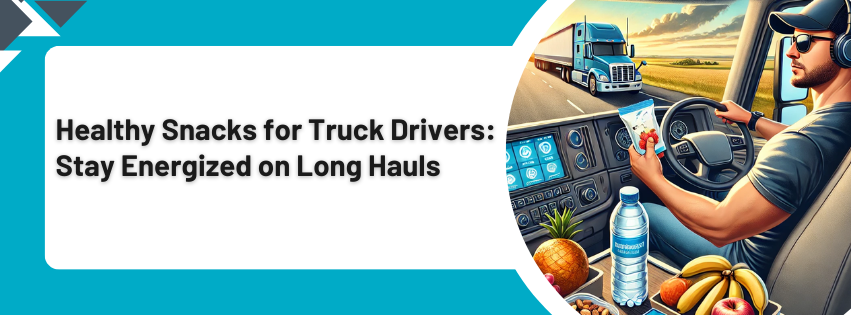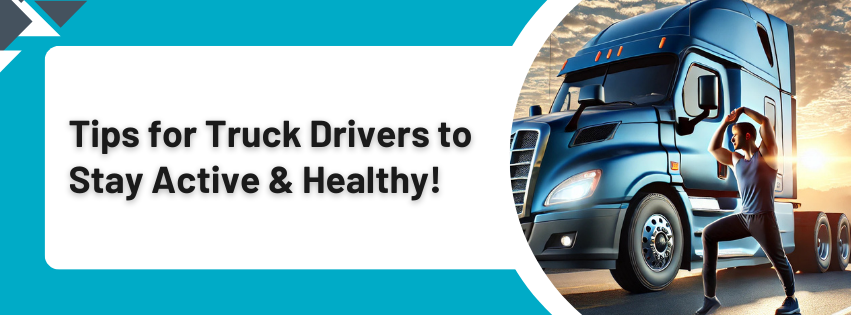What you need to know about the MELT program

If you are exploring a career in the trucking industry, you may have come across the term MELT. MELT stands for Mandatory Entry Level Training and the MELT program became required for Ontario truck drivers in July of 2017, In order to test for and obtain your Class A license, you will need to take a MELT course from a qualified trucking school. While Ontario was the first province in Canada to make MELT a requirement, other provinces soon followed.
The reason why MELT was introduced in the first place was large because there were many fly by night trucking schools promising students a great career but not adequately preparing them for work in the industry. The Ministry of Transportation now requires standardized MELT programs which must include at least 103.5 hours of training in the classroom and in cab.
At Truckademy, we are proud to say that we meet the Ministry’s MELT standards and students who enroll with us may do so with confidence knowing that not only will they gain the skills necessary to pass their road test, but they will gain the skills they need for a successful career in the trucking industry.
What does MELT training include?
Some of the topics covered in the MELT program include the basics of driving, securing cargo, as well as documentation and regulatory compliance.
With MELT training, you gain the necessary skills and knowledge to operate with the highest levels of professionalism and safety.
Why take MELT training?
Well for starters, you are going to need it if you wish to have a career in the trucking industry. But even if MELT wasn’t mandatory, the training would be extremely valuable. The program helps students to feel confident in the trucking industry and overall, this training is making the whole industry safer.
Why take MELT Training with Trukademy?
At Trukademy, we pride ourselves in providing our students with the best possible training in order to prepare them for a career in the trucking industry. We have some of the best instructors in the industry and always use the latest equipment and technology for training.
Additionally, we understand that many of our students have other family, work, and financial obligations outside of their schooling so we do our best to work with our students providing flexible scheduling and payment options.
If you would like to learn more about taking the MELT Program with Trukademy, give us a call today .










